
Supply Chain Wizard has developed a set of integrated digital solutions to improve supply chain functions.

Supply Chain Wizard has developed a set of integrated digital solutions to improve supply chain functions.
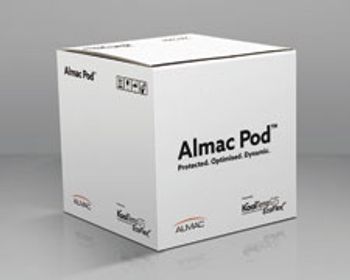
The Almac Pod, a temperature-controlled shipping solution service for biologics and other temperature-sensitive products, is compliant with good distribution practices and comes in three models.
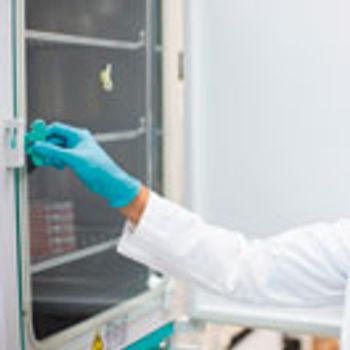
Despite GxP and data-management challenges, pharma is moving toward new models for clinical trial logistics.

Almac Group’s Almac Pod, a temperature-controlled shipping solution service for biologics and other temperature-sensitive products, is available in the United States.

Baxter and FDA are working together to prevent shortages of the company’s sodium chloride 0.9% injection bags after recent hurricanes damaged the island.

Genentech, AmerisourceBergen, and McKesson are providing pharma user requirements for a new project that will evaluate blockchain‘s potential in meeting requirements of the Drug Supply Chain Security Act, and preventing pharmaceutical counterfeiting.

Virgin Atlantic Cargo and Delta Cargo have opened a new Pharma Zone at their joint facility at London Heathrow Airport for the handling and storage of pharmaceutical shipments.

A grant from the Bill & Melinda Gates Foundation will advance PnuVax’s pneumonia vaccine’s clinical development and biomanufacturing scale-up using a low-cost manufacturing approach.

DoKaSch Temperature Solutions, a Germany-based provider of climate-controlled air cargo containers, announced that its Opticooler air cargo containers are now available in the United States.

UPS has revealed a new system to improve drug supply chain security, in compliance with the Drug Supply Chain Security Act (DSCSA).

FDA participated in a global operation to combat the sale and distribution of unapproved and illegal drugs.

The agency sent out 13 warning letters on Sept. 19, 2017 to companies selling drug products online.

Internet of Things, advanced analytics, and blockchain solutions such as smart contracts promise to give manufacturers more control over products and supply chains.

The agency published guidance on identifying trading partners under DSCSA.

Efforts to establish an international system for identifying and tracing drugs through the global supply chain are moving forward.

The agency will lead an international team to create a Supply Chain Security Toolkit of resources to educate the pharmaceutical and healthcare industries on supply chain vulnerabilities.

The new UPS facility in Columbia will serve the growing pharmaceutical, biopharma, and medical device industry in Latin America.

As more companies decouple drug substance from finished drug manufacturing operations, an integrated approach can ensure safe, reliable logistics for frozen storage and shipping.

A recent survey suggests that 36% of pharmaceutical companies and contract development and manufacturing companies have not started working on serialization, and that those who are working on it are focusing on basic compliance rather than potential long-term business benefits.
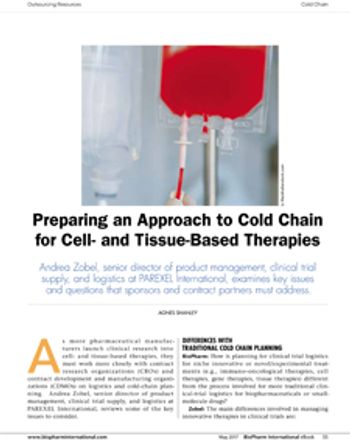
Andrea Zobel, senior director of product management, clinical trial supply, and logistics at PAREXEL International, examines key issues and questions that sponsors and contract partners must address.
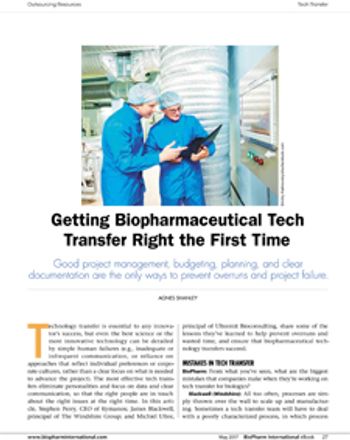
Good project management, budgeting, planning, and clear documentation are the only ways to prevent overruns and project failure.
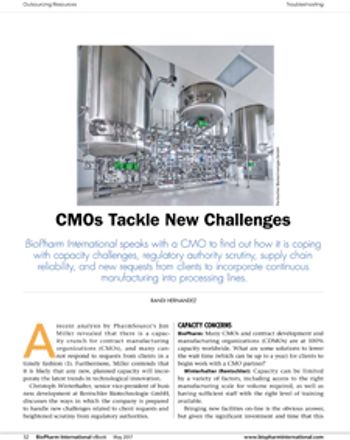
BioPharm International speaks with a CMO to find out how it is coping with capacity challenges, regulatory authority scrutiny, supply chain reliability, and new requests from clients to incorporate continuous manufacturing into processing lines.

The company announced the expansion of its global shipping program, which now allows companies to ship dangerous goods between 36 countries.

Transparency between pharmaceutical companies and suppliers and risk assessment efforts are vital to effective supply chain practices.

As the November 2017 deadline nears, a surprising number of companies still don’t have a serialization plan in place. New programs aim to get them compliant in time.